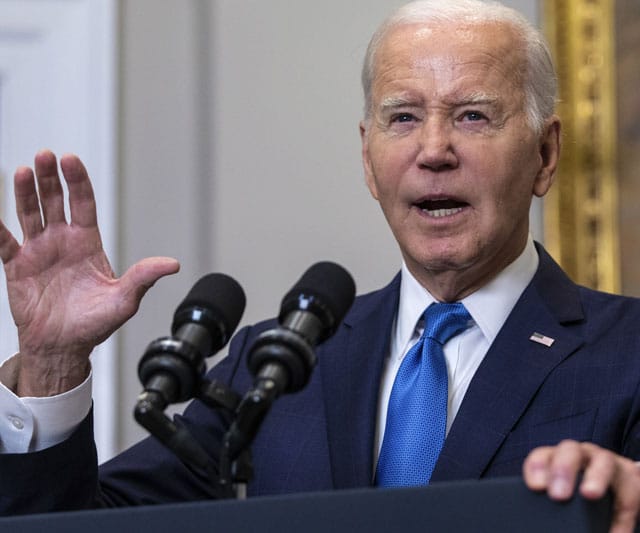A Biden administration rule that allows employee retirement plans to consider environmental, social and governance issues in investment decisions has survived a legal challenge by 26 states.
Judge Matthew J. Kacsmaryk of U.S. District Court in Amarillo, Texas, said in a 14-page opinion release Sept. 21 that he would not block the rule, part of the so-called ESG investment trend that places emphasis on companies’ records on labor issues, social justice and environmental factors.
Kacsmaryk’s opinion found fault with the lawsuit, filed in January by Republican-led states claiming that the rule violated the federal law governing retirement plans. Among other things, the opinion argued that Congress hadn’t specifically addressed whether factors such as ESG could be used to determine investment priorities.
“While the court is not unsympathetic to plaintiffs’ concerns over ESG investing trends, it need not condone ESG investing generally or ultimately agree with the rule to reach this conclusion,” Kacsmaryk wrote.
ESG investing has become increasingly popular in recent years, as corporations have come under additional scrutiny for their impact on the worsening climate crisis and social issues such as racial inequality. Many investment funds have made ESG considerations a prerequisite for including a company’s stock in their portfolios, forcing corporations to grapple with issues marrying commerce and morality.
The political tug of war over whether retirement investors can weigh environmental and social factors stretches back several years. In 2020, the Labor Department under President Donald Trump said it was seeking new federal regulations to discourage those considerations. In 2021, after President Joe Biden took office, the department proposed rule changes that would make it easier for retirement plans to take social factors into account.
Those changes took effect on Jan. 30. In March, Congress passed a measure blocking them, after two Democratic senators, Jon Tester of Montana and Joe Manchin of West Virginia, joined Senate Republicans in a rebuke of Biden. Later that month, Biden used his first veto to keep the Labor Department rule in effect.
The states in the lawsuit, led by Texas and Utah, asked Kacsmaryk in May for a summary judgment in their favor. The Labor Department then made a motion for its own summary judgment, which the judge granted Thursday.
c.2023 The New York Times Company. This article originally appeared in The New York Times.







